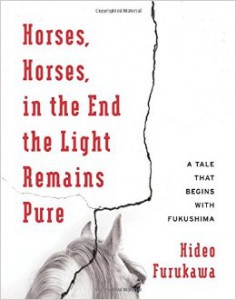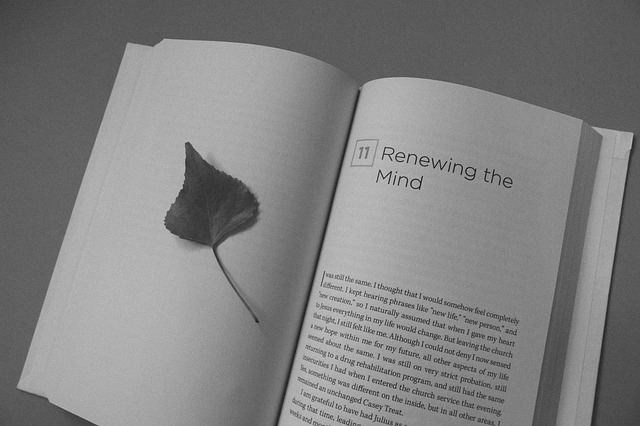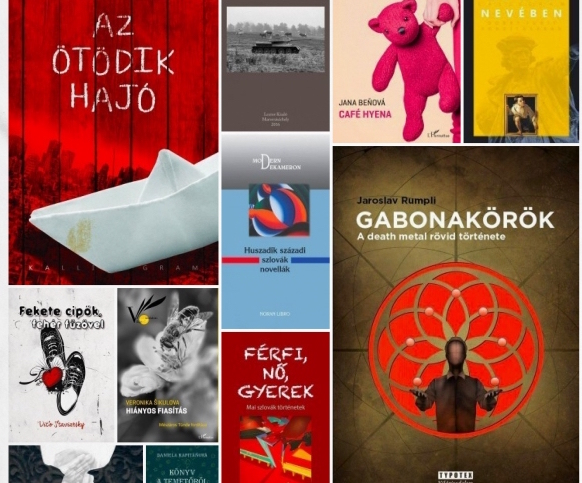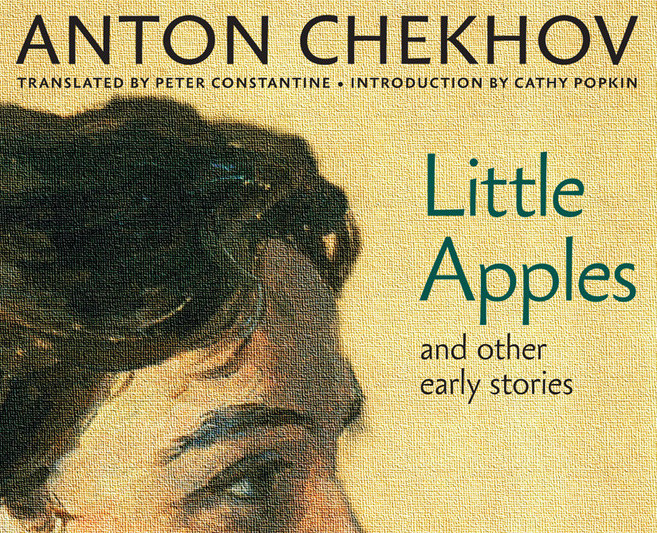Death can arrive at any moment and for one anonymous woman it came when she’d been gestating a fetus for six months. Her shrouded body ended up tossed into a mass grave in a random cemetery. As a compassionate priest devoted a few words to her out of the goodness of his heart, the gravedigger covered her body with dirt. No one claimed or identified the cadaver, and the few folks who noticed her obvious pregnancy assumed that the baby had died along with its mother.
However that wasn’t the case. The fetus continued to nourish itself on her inert body and, just as blackness was about to envelop its incipient existence, the only power able to change its inevitable fate intervened. Death. Death itself, whose job was to carry off designated souls without a second thought, fixed her eye on that small creature. READ MORE…














